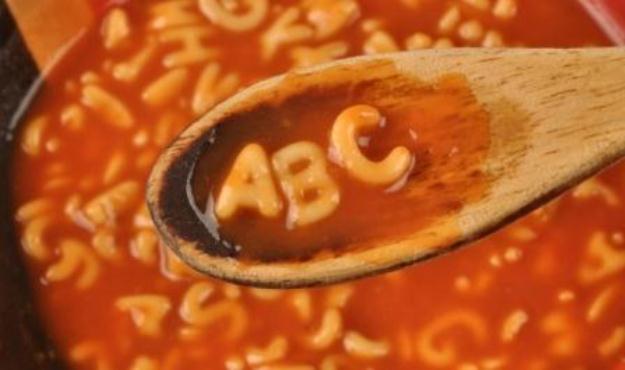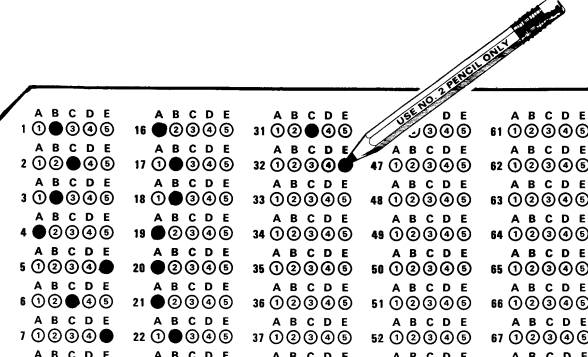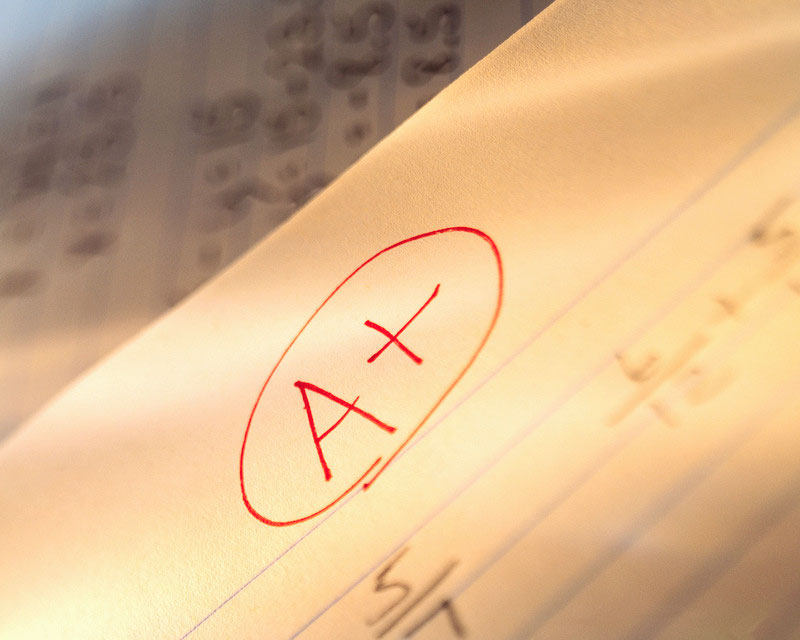Both the ACT and the SAT let you rush your score for an extra fee. When is it worth it and when is it a waste of money?
Dr. Fred Zhang
Recent Posts
When Should You Rush Your ACT / SAT Score Reports?
Do Colleges Accept ACT Takers as Much as SAT Takers? Is the ACT Disadvantaged?
The ACT is rising rapidly in popularity, but students and parents have a good question -- do colleges accept ACT tests as much as they accept SAT tests? Do colleges mark you down for taking the ACT?
The SAT is changing in March of 2016, so the class of 2017 is in a tough spot: how do you deal with the change? One strategy is to just skip the SAT and instead do the ACT. Is this strategy brilliant or brilliantly boneheaded? Here we find out.
What Does MY PSAT Score Mean? 3 Next Steps After the PSAT
You just got your PSAT score—what's next? You just got your score, but don't know what it exactly means or what you should do next. There are three strong implications of your PSAT score, and those students that understand them do a lot better in college admissions that those who don't. Read on to find out what those implications are.
Did you just get your PSAT score? (If not, check out the PSAT release schedule here). If so, you may be wondering how to interpret the score. The PSAT serves a number of purposes. It prepares you for the SAT test next year, which is one of the most important pieces in college admissions. It determines a number (but not all) of scholarships. And perhaps most importantly, it's the starting line when students with foresight begin planning for college.
SAT / ACT Exam Time Management: Handing in the Test Early
I recently received a question from one of my students that I believe highlights a very common mistake: "I find that on some sections I finish early and close the section ahead of time—does this mean I'm doing well on those sections?" Here, I'll break down why this sometimes happens, and what it means for you.
ACT Guessing Strategy: The Top Mistake Students Make
The ACT doesn't penalize guessing, so you should never leave any answer blank even if you have to take a completely blind guess. Even with this information, students still make one huge mistake. Here we expose the biggest ACT guessing strategy mistake students make, and suggest a much better approach. We've seen students improve 1-2 points immediately after applying this 5-minute strategy.
SAT / ACT Test Day Tips - What to Do to Prep the Night Before the SAT / ACT?
It's finally here! Your SAT / ACT is this Saturday!
We at PrepScholar want to make sure your test day goes well, so here are some tips. Feel free to forward this to your friends if you think it's helpful!
Why SAT SuperScoring means you should retake the SAT
In this article, PrepScholar cofounder and statistics expert Dr. Fred Zhang explains why the SAT superscoring means you can get huge points by retaking the SAT. Many of you know that colleges often take the best SAT score in each section, but do you know how much you can gain by just a re-take? Do you know how to do your retake to max your score?
Changing SAT II Subject Tests on Test Day: Can It Be Done?
You registered for the SAT II Math IIC and Chemistry test. Last minute you catch wind that your preferred college wants Writing instead of Chemistry, and also Physics! Can you change your SAT II subject tests? Add or subtract tests? How about doing it the day of? Find your answers here!
5 Reasons the New SAT Changes Aren't Revolutionary
Today the makers of the SAT test announced some changes coming up in the next few years to focus better on academic skills. The changes were supposed to come in 2015 originally, but due to some bugs, they were delayed until at least 2016. Even today, a precise launch date isn't set yet.
The purported changes include reducing emphasis on vocabulary, making the essay optional, changing from a 2400 scale to 1600, and eliminating the guessing penalty, and more. What does this mean for you?
Are you an athlete in high school? Then you know that you face challenges above and beyond everyone else: you need to attend practice and go to games; your schedule is already filled to the brink; and you still have to look out for athletic recruiters and scholarships!
Here are some big SAT prep tips for athletes—some that apply to everyone but especially to athletes, and others that are athlete exclusive.
One of the most common times to take the SAT is during junior year of high school (11th grade). Is it too early to get started on the SAT preparation if you start before junior year — say freshman year or even middle school? What can you do to help with the SAT during the early years?
The Relation between SAT Scores and Academic Achievement
You're a top student in your class—does that mean you can skip SAT prep because your GPA will carry you? Or you're just average in the class, does that mean you can't do well on the SAT?
Students online considering preparing for the SAT generally all have one big question: how many hours should I study for the SAT? When does prepping for the SAT become a waste of time?
The short answer is that every hour helps, and unless you've already studied for 100 hours or more, it's not a waste of time yet. Why do you think that is?























